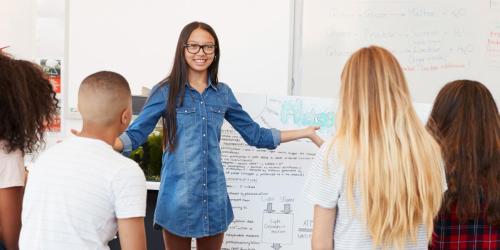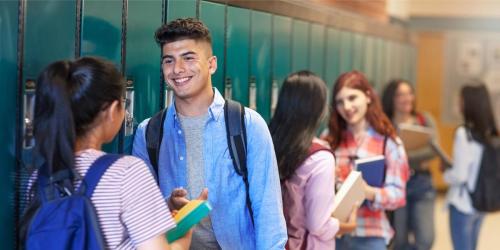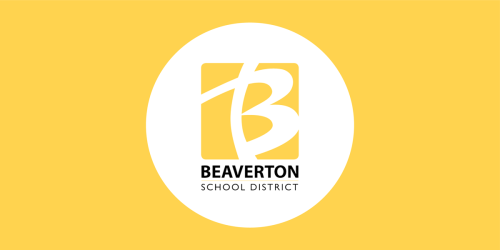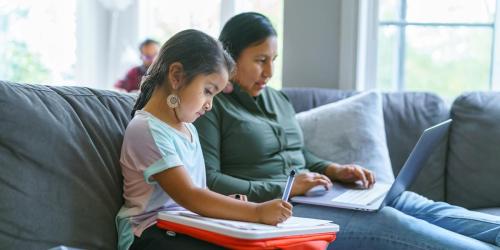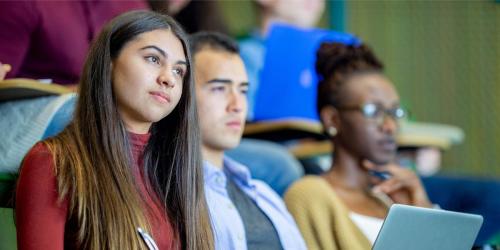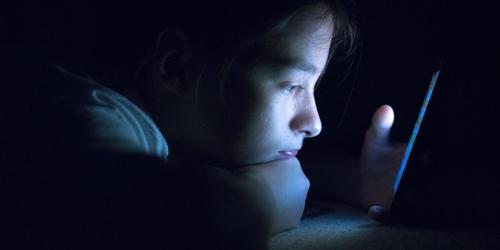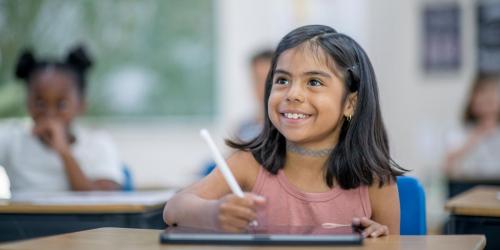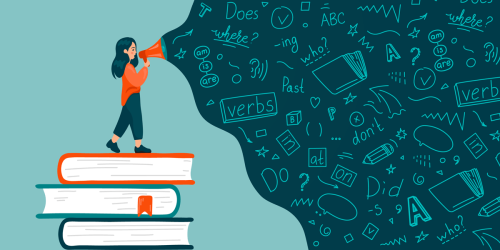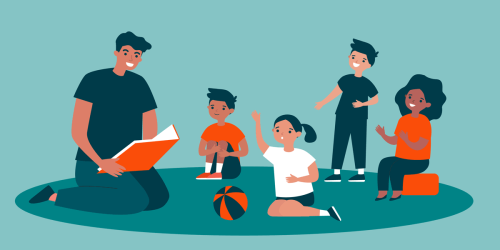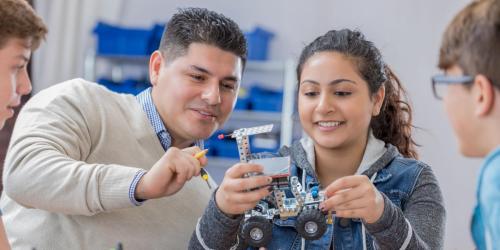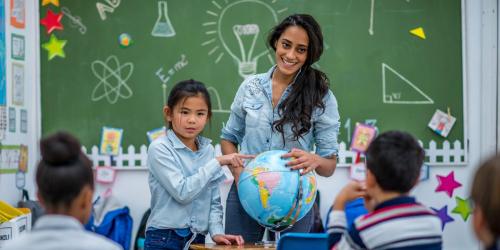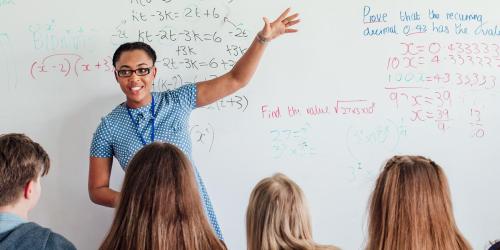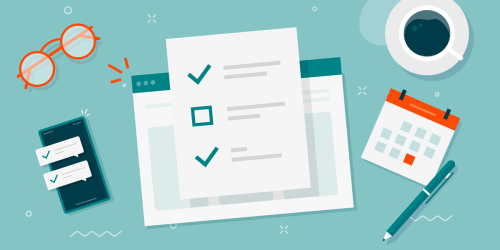Placing students into small groups can be a powerful approach to stimulate learning. This resource serves educators looking to improve classroom instruction through small-group student learning.
This booklet presents some research-based ideas as a starting place for those who want to develop better policies and practices to support student attendance.
English Language Learner (ELL) students bring substantial assets such as bilingualism and biculturalism to communities and classrooms, yet their educational achievement is often lower than that of their non-ELL peers.
Intermediary organizations that serve as the backbone of an education network can be integral to a network’s success. Use this checklist to assess whether a potential intermediary partner can fulfill the core capacities to your emerging network.
We compiled this list of resources containing information on what changes schools can make to create a more welcoming school climate and increase the engagement of American Indian and Alaska Native families in schools.
States are developing comprehensive educational data systems that contain a wealth of student data spanning the pre-K, K-12, and postsecondary education systems.
Cyberbullying, or electronic aggression, is unwanted behavior by a student or group of students that occurs through email, chat rooms, instant message, websites or social media.
This list of available recent studies and articles on time to reclassification for English learners can help inform processes such as program planning and resource allocation.
An effective and evidence-based way to improve schools, nonprofits, and government agencies is to make decisions in partnership with those being served. This six-page resource provides an overview and tips for educators and youth workers.
Learn about the five key principles that all teachers should know about second-language acquisition and the academic challenges English learners face.
Based on research, we identified key principles that teachers with English learner students in their classrooms should know. These principles are “big ideas” or concepts about second language acquisition and the academic challenges English learners face.
Science inquiry poses particular linguistic challenges for English learners. Learn a few principles and strategies for effectively teaching science to students learning English.
English learners need to develop math and reading skills as well as their knowledge of social studies and science—even while learning English.
Math has its own language, and English learners often struggle to understand math concepts in this language. What can math teachers do to help their English learner students succeed?
Designed to help districts assess and optimize their EL services, this tool contains 71 items organized into eight sections that address key components of a district’s program for English learners.
